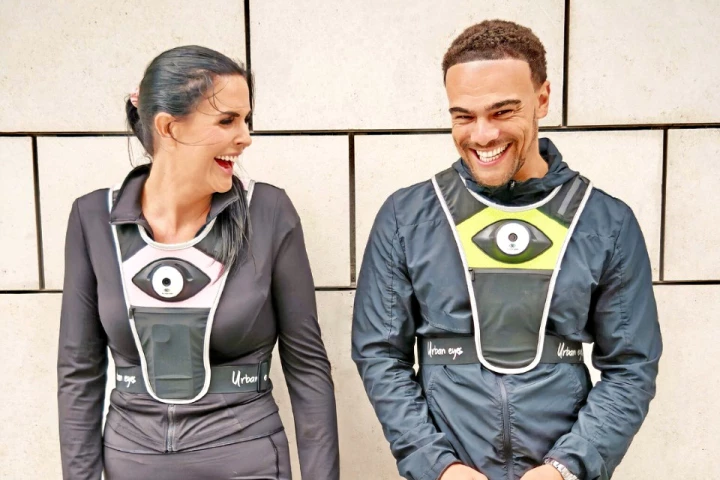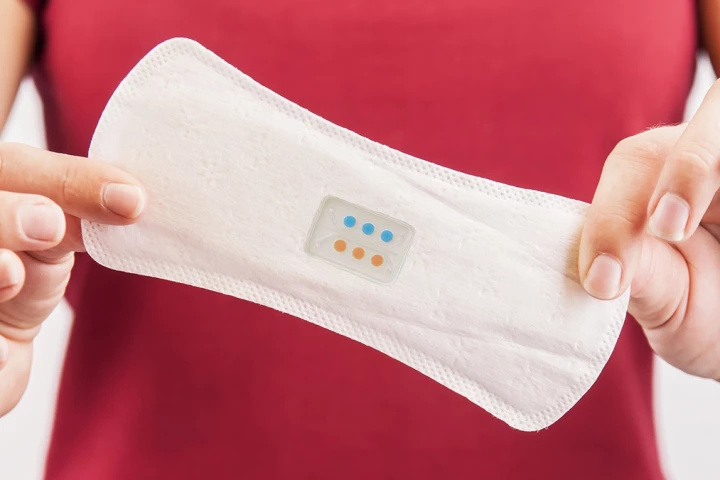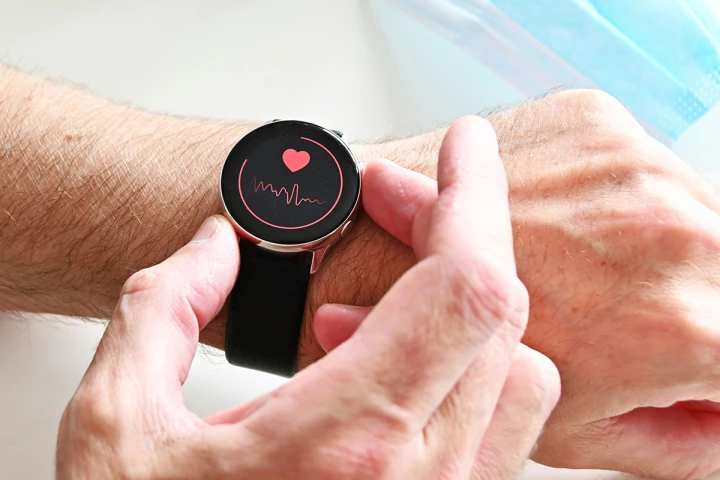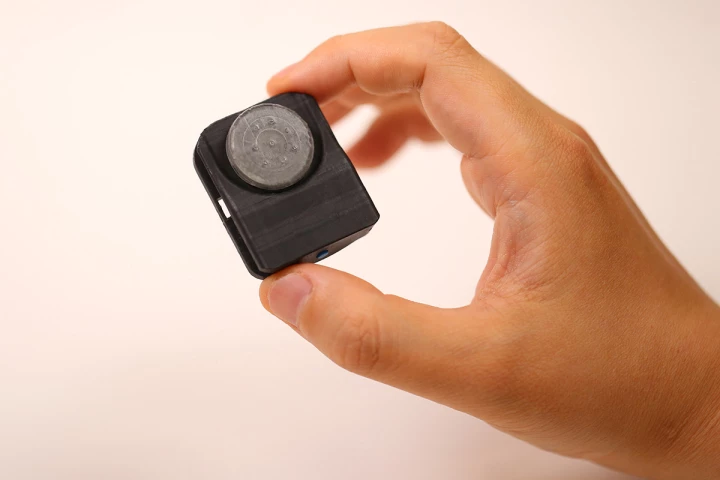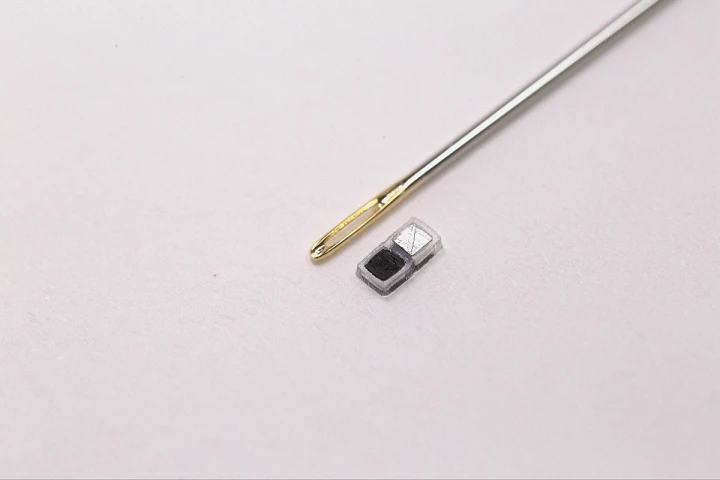Wearable
-
If you were a lowlife scumbag looking for someone to attack, you would likely avoid anyone who was wearing prominent front and rear video cameras. Well, that's exactly what the Urban Eyes vest brings to runners and other solo adventurers.
-
Although there already are "smart" contact lenses that monitor the eyes for signs of glaucoma, the devices are typically only worn when the patient is awake. A new type of contact lens, however, watches over the eyes throughout the night, too.
-
Researchers have developed a first-of-its-kind wearable tech that quickly, simply, and non-invasively tests for important health markers using menstrual blood. The affordable device could revolutionize women’s healthcare.
-
Researchers have developed technology to detect heart attacks in real time with a high degree of accuracy, and packed it into a chip that could fit in a wearable device. The team hopes it may someday feature in life-saving medical gadgets.
-
It's not uncommon for patients to hide their true emotions from their caregivers – or even from their own conscious selves. An experimental new facial "sticker" could help, by detecting and relaying information on its wearer's present state of mind.
-
Did you know you emit gases through your skin? These vapors, which include CO2 and volatile organic compounds, can provide insights about your metabolic status, disease states, and overall health. A new wearable can help make sense of it all.
-
Engineers at Illinois' Northwestern University have developed the tiniest pacemaker you'll ever see. It's several times smaller than a regular pacemaker, and it's designed for patients several times smaller than the average pacemaker user.
-
Wouldn't it be cool to 'feel' a textured object, or perceive the sensation of running your hand over rich fabric in VR? That's what researchers at Northwestern University are hoping to achieve with their new wearable.
-
If you have trouble with migraines, eye stress, dry eye, or just need a spot of relaxation, a warm mask or a bit of eye massage might do the trick. We put Bob and Brad's EyeOasis 2 electric eye massager through its paces and here's what we found.
-
Not many people fancy the idea of spending the night in a sleep clinic with multiple electrodes stuck to their skin. That's why scientists have developed a smart pajama top that assesses sleep disorders while its wearer comfortably slumbers at home.
-
As everyone knows, scratching at chronically itchy skin only makes the problem worse. A new device is claimed to help stop dermatitis patients from doing so while they sleep, without waking them up in the process.
-
Eight years after Pebble wound down its beloved smartwatch business, the wearable is set to rise from the ashes and adorn your wrist in the near future. Its creator is building a small company to develop new watches just like the original.
Load More
